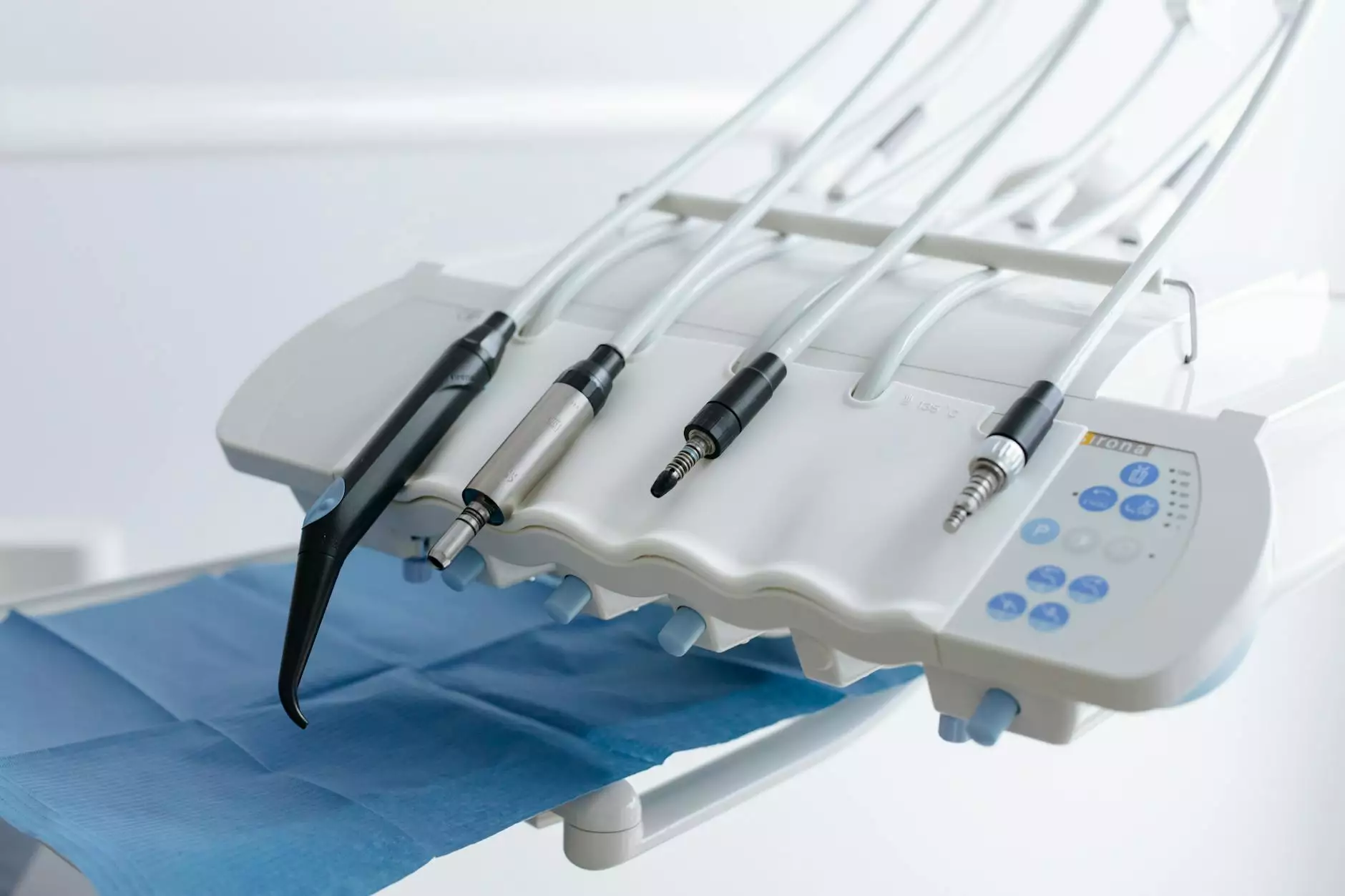Unlocking Your Potential: Medical Billing Specialist Certification Explained

The healthcare industry is constantly evolving, and with it comes the need for skilled professionals who can navigate its complexities. One of the most critical roles in this field is that of a medical billing specialist. Attaining a medical billing specialist certification is your key to unlocking a rewarding career in healthcare administration. This article will delve deep into the certification process, benefits, and everything you need to know to succeed in this important role.
What is a Medical Billing Specialist?
A medical billing specialist is responsible for managing the billing and insurance processes for healthcare providers. They ensure that services provided are accurately coded and billed to patients and insurance companies. Medical billing specialists play an essential role in ensuring that healthcare providers receive timely payment for their services, which is vital for the sustainability of the healthcare system.
The Importance of Medical Billing Specialist Certification
Certification is not just a credential; it is a statement of competence and professionalism. Here are several reasons why pursuing a medical billing specialist certification is important:
- Enhanced Knowledge: The certification process equips candidates with essential knowledge about coding systems, billing regulations, and insurance policies.
- Career Advancement: Certified professionals are often preferred by employers, leading to better job opportunities and higher salaries.
- Professional Credibility: Certification adds credibility to the professional's skill set, reassuring employers and clients of their expertise.
- Compliance with Regulations: Staying updated with the latest healthcare laws and coding practices ensures compliance and reduces errors in billing.
Pathway to Certification: Steps Involved
Becoming a certified medical billing specialist involves several steps. Here is a guide to help you navigate the process:
Step 1: Understand the Requirements
Before you embark on this journey, it is essential to understand the basic requirements, which may include:
- A high school diploma or equivalent.
- Undergoing a training program in billing and coding.
- Gaining knowledge of healthcare terminology and billing processes.
Step 2: Choose the Right Training Program
Selecting an accredited training program is crucial. Ensure that the program covers critical topics such as:
- Coding systems (CPT, ICD, and HCPCS)
- Healthcare policies and regulations
- Insurance claim processes
- Medical billing software proficiency
Step 3: Gain Practical Experience
Many certification bodies require candidates to have hands-on experience. Look for internships or entry-level positions that allow you to practice coding and billing in real-world scenarios. This experience will be invaluable as you prepare for the certification exam.
Step 4: Prepare for the Certification Exam
Studying for the exam is a pivotal step in your journey. Here are some effective study strategies:
- Utilize review guides and practice exams.
- Join study groups with peers.
- Attend preparatory courses if available.
Step 5: Take the Certification Exam
Once you feel prepared, register for the certification exam. The exam typically tests your knowledge of coding principles, billing procedures, and healthcare regulations. Upon successful completion, you will earn your certification, allowing you to showcase your skills to potential employers.
Types of Medical Billing Certifications
Several organizations offer medical billing specialist certification, each with its own focus and exam structure. Some of the most recognized certifications include:
- Certified Professional Biller (CPB): Offered by the American Academy of Professional Coders (AAPC), this certification focuses extensively on medical billing mechanics and relationships with insurance companies.
- Certified Billing and Coding Specialist (CBCS): Provided by the National Healthcareer Association (NHA), this certification is designed for individuals wanting to demonstrate their skills in both billing and coding.
- Certified Medical Billing Specialist (CMBS): This certification includes comprehensive knowledge regarding diagnosis and procedure coding systems.
Benefits of Becoming a Certified Medical Billing Specialist
The benefits of obtaining your certification go far beyond just landing a job. Here are some advantages you can expect:
1. Increased Earning Potential
Certified professionals often command higher salaries than their non-certified counterparts. The investment in your education and certification can yield significant financial returns over your career.
2. Job Security
The demand for trained medical billing specialists continues to grow as the healthcare sector expands. Certification can provide the job security necessary to thrive in this bustling industry.
3. Professional Growth Opportunities
Certification opens doors to numerous career paths. With experience, you could advance to supervisory or administrative roles, while maintaining your focus in medical billing.
4. Networking Opportunities
Many certification organizations offer membership benefits, including access to job boards, ongoing training, and networking events. Connecting with fellow professionals can lead to job openings and insightful industry advice.
Staying Current: Continuing Education and Recertification
Healthcare laws and billing standards are constantly changing, requiring professionals to stay updated. Most certification bodies require continuing education to maintain your status. This ensures that you are always aware of the latest trends and regulations affecting medical billing.
Future Trends in Medical Billing
As technology continues to reshape the healthcare landscape, medical billing specialists must adapt to new tools and systems. Current trends that are likely to influence the profession include:
1. Automation and AI Technologies
With the rise of AI and automated systems, medical billing processes are becoming more efficient. Specialists will need to understand how to work alongside these technologies to optimize billing operations.
2. Telemedicine Growth
The increase in telemedicine services necessitates a new approach to billing, as these services often involve different codes and guidelines. Professionals will need to be well-versed in these changes to bill accurately.
3. Increased Focus on Compliance
With stringent regulations governing healthcare billing, professionals must prioritize compliance to avoid costly penalties. This trend emphasizes the need for ongoing education and training in billing practices.
Conclusion
In the dynamic field of healthcare, becoming a certified medical billing specialist not only enhances your career prospects but also allows you to play a pivotal role in the healthcare ecosystem. By following the outlined steps to certification, understanding the significance of this role, and staying informed about industry developments, you can position yourself as a valued professional in medical billing.
Start your journey today by exploring courses for medical billing and coding that can jumpstart your career and lead you toward successfully obtaining your medical billing specialist certification. Embrace the opportunity to contribute positively to the healthcare system while securing a stable and rewarding career.









